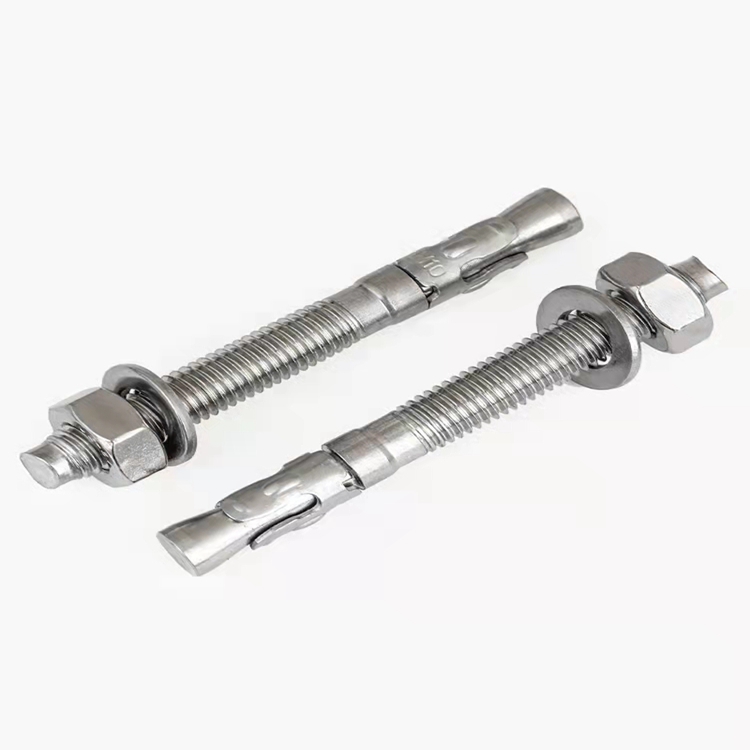ce certification din938 stud bolt companies
Noy . 12, 2024 01:07 Back to list
ce certification din938 stud bolt companies
CE Certification for DIN 938 Stud Bolt Companies Ensuring Quality and Compliance
In the realm of industrial fasteners, the DIN 938 stud bolt has emerged as a crucial component in various applications, from construction and automotive manufacturing to heavy machinery. To meet the increasing demands for reliability and safety, companies that manufacture and supply DIN 938 stud bolts are increasingly seeking CE certification. This certification not only enhances their marketability but also assures customers of the quality and compliance of their products.
Understanding DIN 938 Stud Bolts
DIN 938 stud bolts are defined by the German Institute for Standardization (Deutsches Institut für Normung, or DIN) and are characterized by their unique design, which consists of a cylindrical body with threads on both ends. This configuration allows for robust connections in applications that require significant load-bearing capabilities. Commonly made from high-strength materials, these stud bolts are vital in securing machinery, infrastructure, and various components within an assembly.
The Importance of CE Certification
CE marking is a certification process mandated by the European Union for products sold within the EEA (European Economic Area). The CE stands for Conformité Européenne, which translates to European Conformity. It signifies that a product meets EU safety, health, and environmental protection standards. For DIN 938 stud bolt manufacturers, obtaining CE certification involves rigorous testing and compliance with specific directives, including the Machinery Directive and the Low Voltage Directive.
The benefits of CE certification for manufacturers are manifold
1. Market Access Products bearing the CE mark can be freely sold within the EU, enhancing the manufacturer's market reach and competitiveness.
2. Quality Assurance The certification process involves thorough examination and testing of products, ensuring that they meet high-quality standards. This, in turn, builds trust with customers and stakeholders.
3. Regulatory Compliance Adhering to CE requirements helps manufacturers comply with EU regulations, minimizing legal risks and enhancing operational legitimacy.
4. Consumer Confidence CE certification assures customers that the products they purchase are safe and reliable, ultimately driving sales.
Challenges in the Certification Process
ce certification din938 stud bolt companies

While the benefits of CE certification are clear, the process itself can pose several challenges for DIN 938 stud bolt manufacturers. One significant hurdle is the complexity of the regulations involved. Navigating the requirements necessitates a thorough understanding of various directives and standards, which can be daunting for some companies.
In addition, the testing and documentation involved can be time-consuming and costly. Companies may need to invest in specialized equipment or services to ensure their products meet the required standards. For smaller manufacturers, these costs can be prohibitive.
Steps to Achieve CE Certification
For companies looking to achieve CE certification for their DIN 938 stud bolts, the following steps are typically involved
1. Identify Applicable Directives Manufacturers should determine which EU directives apply to their products. This step is crucial in pinpointing the specific requirements that must be met.
2. Conduct a Risk Assessment Evaluating potential risks associated with the product's use will help identify areas that require further testing or modification.
3. Testing and Evaluation Engaging with a recognized testing laboratory to conduct necessary tests is essential. This may involve mechanical tests, environmental assessments, and more.
4. Documentation and Technical File Compiling a technical file with all necessary documentation concerning the design, production, and testing of the product is vital for demonstrating compliance.
5. Affix the CE Mark Once all requirements are satisfied, manufacturers can affix the CE mark on their products, signifying compliance.
Conclusion
In the competitive landscape of industrial fastener manufacturing, achieving CE certification for DIN 938 stud bolts is not merely a regulatory hurdle but a significant stepping stone towards quality assurance and market credibility. As the demand for safe and high-quality fasteners continues to grow, companies that invest in obtaining this certification will likely see enhanced trust from their customers and greater opportunities for business expansion within the European market. In this era of globalization and heightened safety standards, CE certification is no longer an option but a necessity for forward-thinking manufacturers.
Latest news
-
High-Quality Panel Stud Bolt Reliable Panel Stud Bolt Factory & Suppliers
NewsJul.08,2025
-
High-Precision Fine Thread Locknuts Manufacturer & Supplier Custom Solutions
NewsJul.08,2025
-
PH Imperial Stud Bolt – High Strength Fasteners from Leading Supplier & Factory
NewsJul.07,2025
-
High-Quality Allen Wrench Bolts Leading Factory, Company & Suppliers
NewsJul.07,2025
-
Wholesale Ball Stud Bolt - High Quality Supplier & Factory Price Reliable Wholesale Ball Stud Bolt Company
NewsJul.06,2025
-
High-Strength Alloy Bolts Manufacturer & Supplier Quality Alloy Fasteners Factory
NewsJul.06,2025
